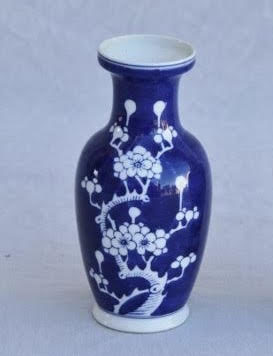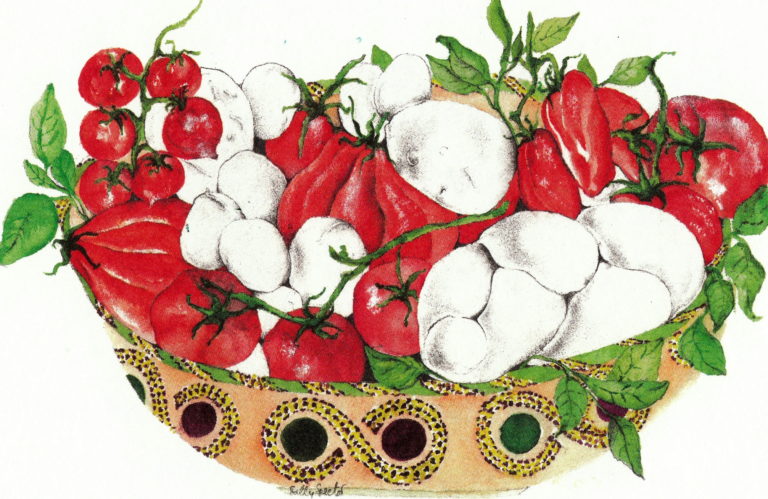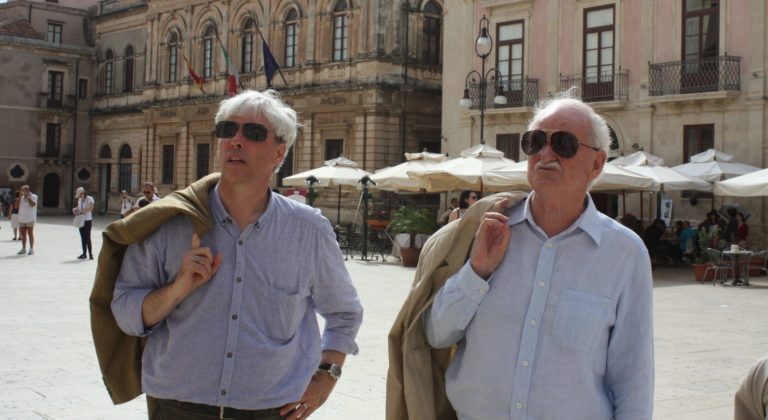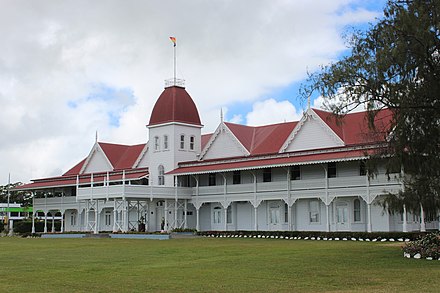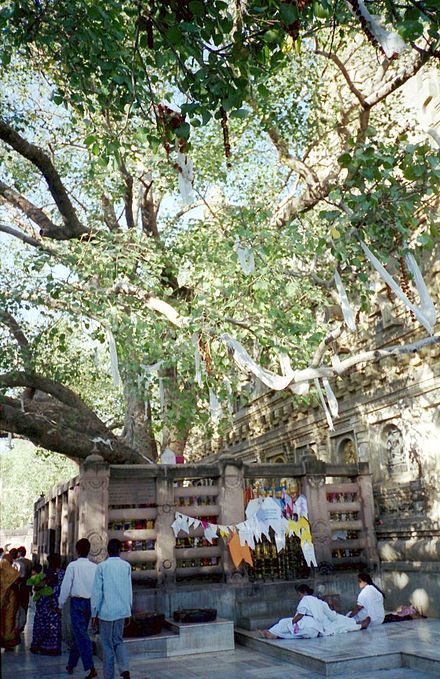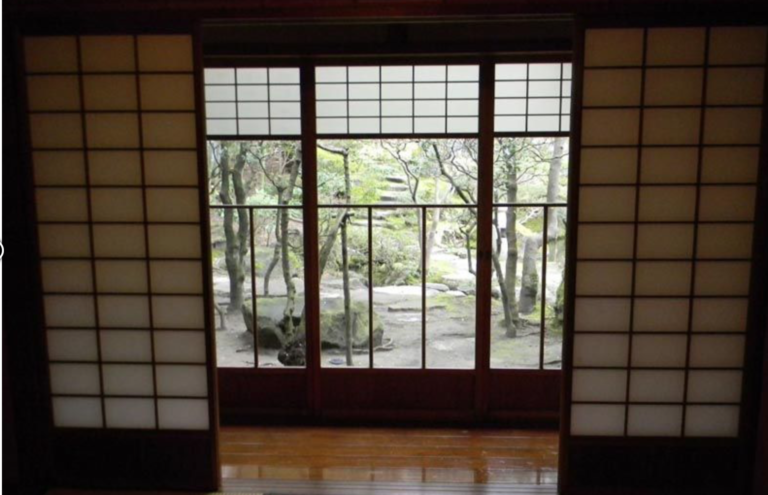Summer with the Marquis
The publication of a book produced a small but unexpected sum of money. Such a windfall was not to be wasted and I immediately looked to see what houses might be available in Provence for the coming northern summer. The agent came up with the holiday home of the current Marquis de Sade. His family normally used it in July but this year they were delayed until August and so the marquis was offering to rent it for the earlier month. It was large enough to hold all my travelling family, had a swimming pool and it was in the little hilltop village of Venasque which Julie and I had visited and been charmed by a few years earlier. We took it.
Venasque was an oddity. In the turmoil of the ninth and tenth centuries Arab raiders had devastated the coast and forced the surviving villagers to take refuge wherever there was a defensible hill. Venasque was a striking example, rising sharply from the plain in a narrow ridge not easily scaled by the most determined pirate. It was reached by a rutted road clinging to the cliff. There were no passing gaps and so it could be used by only one car at a time.
The village houses were built along the highest line of the ridge to the church, itself built to be defended, and then a high stone wall across the ridge shut off the village and provided its only man-made defence. Beyond that the ridge became wider and less defensible and began to slope down. On that slightly flatter land the de Sade and two or three other houses had been built.
The house of the local stone was probably modern but its design and layout could have come from any of the immediately preceding centuries. In the summer heat we slept with the big windows closed only by heavy wooden shutters painted the traditional French blue. Every morning they provided the first pleasure of the day when I threw back the shutters to look down the hill to the still-shadowy depths of the Luberon.
The house had the haphazard furniture of a holiday home, especially the kitchen where the thrifty marquise had preserved ancient iron pots from an earlier de Sade home. They were all usable but we drew the line at the tea towels, so thin that they might have originally been used by Uncle Donatien in the Bastille, and replaced them with a set of the supermarket’s best.
The dining-room was the most impressive in the house. The walls were hung with nineteenth century portraits of aunts in bombazine and a man in naval uniform, all frowning to convey bottomless disapproval of their famous forbear. The only other pictures were two framed copies of 1790 newspapers giving details of the auctions of de Sade property seized in the Revolution. But shame had not entirely banished literary pride: between two book ends was a complete set of the great man’s works in rather extravagant bindings. They were immediately found by my teenage grandsons but the surprise of finding that the books were in French and in the recondite vocabulary of pornography quickly caused them to lose interest.
We were introduced to the village community quickly because we arrived on 14 July. The sound of music drew us to the little square where an elderly man with the requisite Gauloise dripping from his underlip was playing an accordion while couples waltzed around the little fountain in the centre. We joined them and, looking at Julie laughing as we twirled, I thought that even writing a book is worth this. Delicious little sausages were being barbecued and as we ate them we provided the sensation of the evening, revealing in my awkward French that we had come to Venasque all the way from la Nouvelle Zelande to join the festivities.
In return we were introduced to the local winery. In the midst of a wine-growing district it was a pain to a New Zealand grower to see lines of vines heavy with glossy black fruit and neither a bird nor a net in sight. The winery produced a blend of Grenache and Mourvedre which was very drinkable and sold it on the French system of ‘vin en vrac’. This meant that you arrived with whatever plastic containers the house could muster and two hoses with handles like a petrol pump filled them with ‘rouge’ at something like a euro per litre or ‘superieur’ at double the price. The superieur was so cheap that I watched a thirsty middle-aged couple pushing a trolley laden with large plastic jars of it back to their car. Our capacity was more modest but superieur in a variety of containers was always on the table at dinner.
Having been welcomed into the little community we felt it obligatory to go to Mass on Sundays, leaving as the bell began to ring, walking through the opening in the wall and into our seats as it stopped. The church was largely twelfth century and filled with light, another product of the upsurge in wealth and confidence which marked that era in Europe. The attendance of my family more or less doubled the congregation and after two Sundays we were established parishioners. So much so that the priest was emboldened to ask me to read the lesson but realized his mistake as soon as I opened my mouth, shook my hand warmly and departed in search of a better voice. I sat on in the pew and wondered whether I could manage another book.
